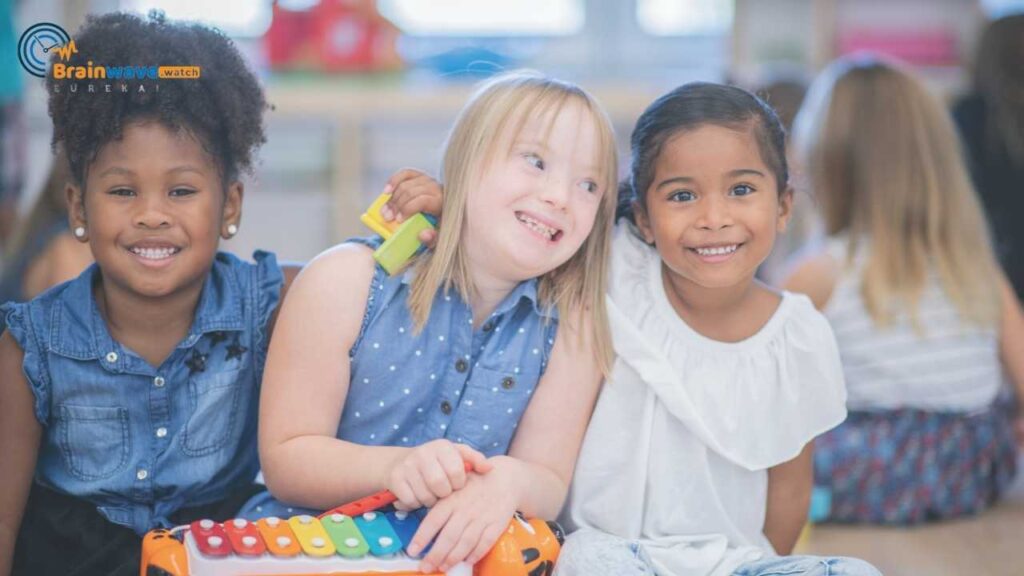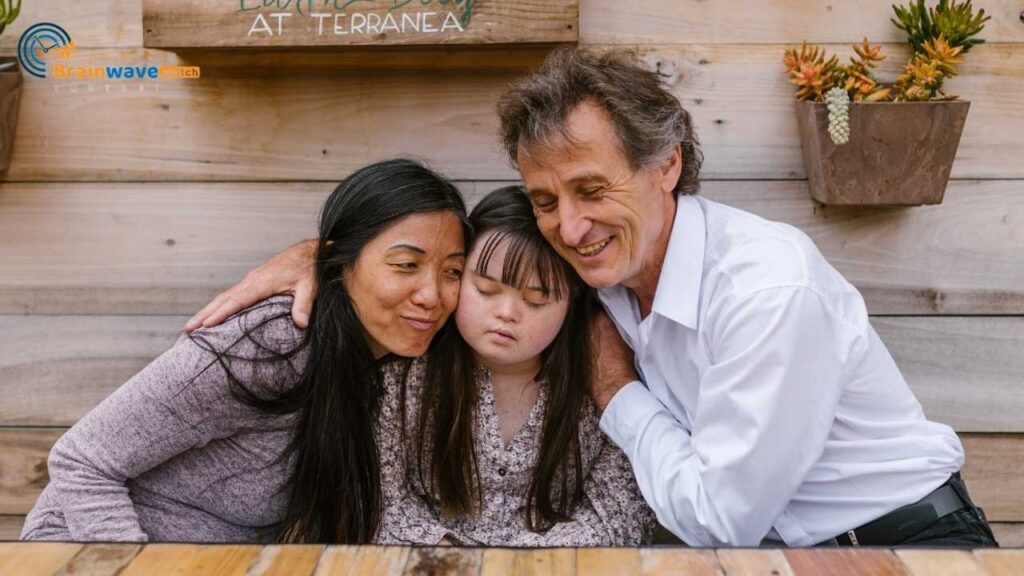Day camps can offer a variety of benefits for children with autism. Here are some of the most significant advantages:
Social Skills Development
Day camps provide opportunities for children with autism to socialize with peers in a safe and structured environment. Through group activities, games, and team-building exercises, children can learn to communicate effectively, share, take turns, and work collaboratively. These skills are essential for building relationships and making friends, which can lead to improved self-esteem and a sense of belonging.
Routine and Structure
Children with autism thrive on routine and structure, and day camps can provide a consistent schedule of activities to help them feel secure and comfortable. By following a predictable routine, children can better manage transitions and changes, which can reduce anxiety and stress. Day camps can also offer a break from the academic pressures of school and allow children to engage in fun and stimulating activities that promote learning and growth.
Sensory Integration
Many children with autism have sensory processing difficulties, which can make it challenging to navigate new or unfamiliar environments. Day camps can provide a safe and supportive space for children to explore and interact with their surroundings. By offering a range of sensory experiences, such as outdoor play, arts and crafts, and music and movement activities, day camps can help children integrate sensory information and develop coping strategies for sensory overload.
Choosing the Right Day Camp
When choosing the right day camp for a child with autism, there are several factors to consider. Here are some important things to keep in mind:
Staff Expertise and Training
The staff at a day camp should have experience working with children with autism and be trained in how to support their specific needs. Look for camps that have staff with backgrounds in special education, behavioral therapy, or other related fields. It’s also important to ask about the staff-to-camper ratio to ensure that your child will receive the attention and support they need.
Activities and Programs
The activities and programs offered at a day camp should be appropriate for your child’s interests and abilities. Look for camps that offer a variety of activities, including both structured and unstructured play. Some camps may also offer specialized programs, such as art therapy or social skills training, that can be especially beneficial for children with autism.
Safety and Support
Safety should be a top priority at any day camp. Be sure to ask about the camp’s safety policies and procedures, including how they handle medical emergencies and other potential risks. It’s also important to look for camps that offer support for children with autism, such as visual schedules or sensory-friendly accommodations.
Camp Environment
The environment of a day camp can have a big impact on a child’s experience. Look for camps that have a welcoming and inclusive atmosphere, with staff who are friendly and supportive. It’s also important to consider the physical environment, such as the layout of the camp and any potential sensory triggers.
By considering these factors, parents can choose a day camp that will provide a safe and supportive environment for their child with autism to learn, grow, and have fun.
Preparing Your Child for Day Camp
Sending an autistic child to day camp can be a daunting task. However, with proper preparation and communication, parents can help their children have a positive and successful experience. Here are some strategies to consider when preparing your child for day camp.
Communication Strategies
Communication is key when it comes to preparing an autistic child for day camp. Parents should communicate with the camp staff and let them know about their child’s strengths, weaknesses, and needs. This way, the staff can be better equipped to provide a positive and supportive environment for the child.
Parents should also communicate with their children about what to expect at camp. They can use social stories or visual schedules to help their child understand the routine and activities at camp. This will help reduce anxiety and increase the child’s comfort level.
Familiarization Techniques
Familiarizing the child with the camp environment can also help reduce anxiety. Parents can arrange a visit to the camp with their child before the actual camp session begins. This will help familiarize the child with the environment, facilities, and staff.
Parents can also use role-playing to help their children practice social skills and learn how to interact with peers and staff. They can also introduce their child to other children who will be attending the same camp. This way, the child will have a familiar face to look for when they arrive at camp.
Support for Parents and Caregivers
Parents and caregivers of autistic children often face unique challenges and stressors that can be overwhelming. Fortunately, there are resources available to help support them in their journey.
Family Support Specialists
The Autism Project offers Family Support Specialists (FSS) who provide a range of services to help parents and caregivers support their children. These specialists can offer systems navigation, education, coaching, advocacy, and emotional support. They can provide information and resources to help parents and caregivers navigate the challenges of raising an autistic child and offer a listening ear for all the highs, lows, and in-betweens.
Caregiver Skills Training Program
Autism Speaks offers a free Caregiver Skills Training (CST) program for families of children with developmental delays or disabilities. This evidence-based program teaches parents and caregivers the day-to-day skills they need to help their children thrive. The program is designed for parents and caregivers of children diagnosed with a developmental disorder, including autism, between the ages of 2 and 9.
Wellness Programs
The Center for Autism & Neurodevelopmental Disorders (CAND) provides wellness programs for children, teens, and young adults to promote health and well-being through art, music, and dance. These programs can be a great way for parents and caregivers to connect with others in the community who are facing similar challenges and to learn new strategies for supporting their children.
Directories of Summer Camps
There are also directories of summer camps specifically designed for autistic children. These camps can provide a safe and supportive environment for children to develop new skills, make friends, and have fun. Verywell Health provides a directory of summer camps for autistic children that can be a great resource for parents and caregivers looking for a camp that meets their child’s needs.







